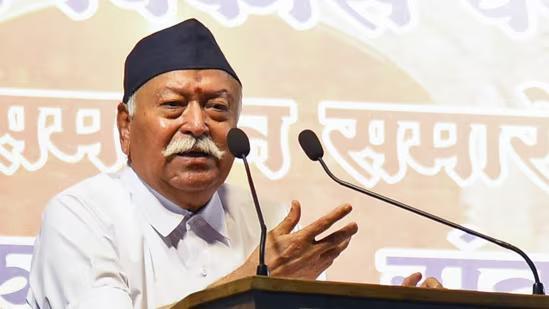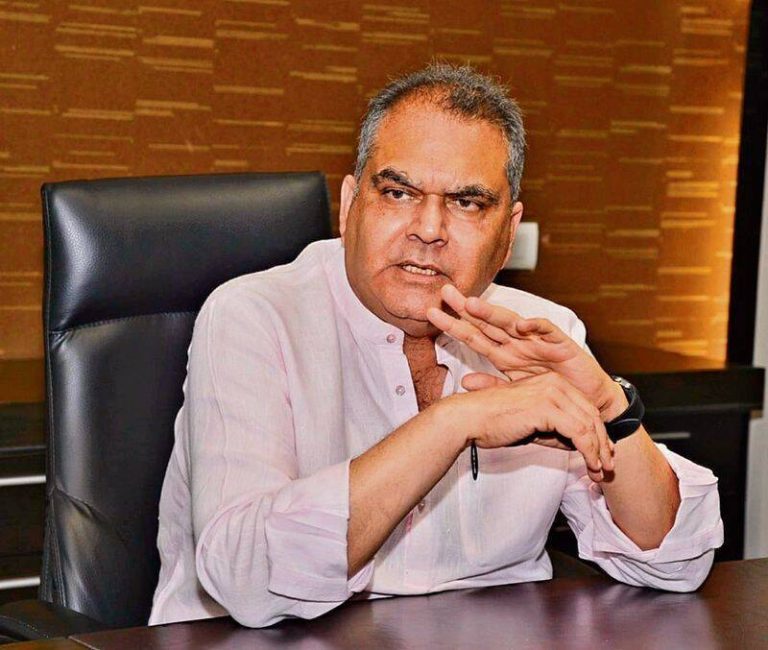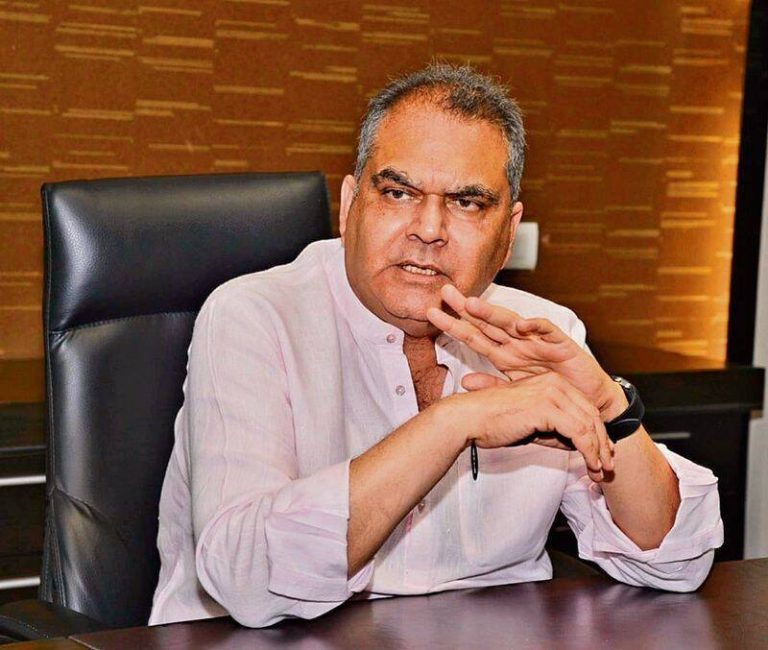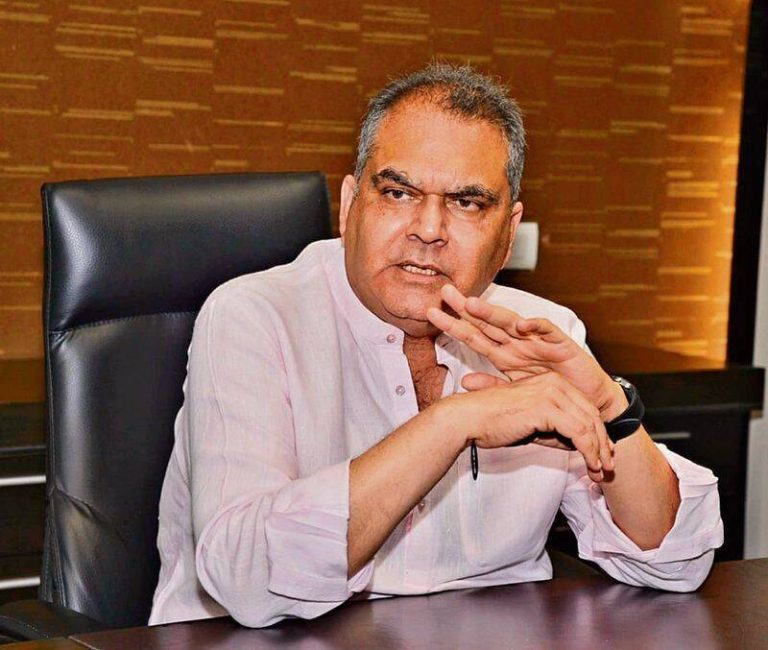
Muslims & Christians are also Hindus if they follow Indian culture: RSS chief Bhagwat
In a recent statement, Rashtriya Swayamsevak Sangh (RSS) chief Mohan Bhagwat has sparked a new debate by redefining the term “Hindu”. According to Bhagwat, anyone who takes pride in Bharat and follows Indian culture is a Hindu, regardless of their religious affiliations. This statement has garnered significant attention, with many interpreting it as an attempt to broaden the definition of Hinduism and promote a sense of unity among people of different faiths.
Bhagwat’s statement was made during a public event, where he emphasized that the term “Hindu” is not limited to a specific religion, but rather encompasses a broader cultural and national identity. He said, “If Muslims and Christians, even without giving up their worship, customs and traditions, worship this country, follow Indian culture…then they are Hindus.” This statement suggests that Bhagwat views Hinduism as a inclusive and diverse concept, which can accommodate people from various religious backgrounds.
The RSS chief’s statement has been seen as an attempt to promote a sense of national unity and pride among Indians, regardless of their religious affiliations. By broadening the definition of Hinduism, Bhagwat may be trying to create a sense of shared identity and purpose among people of different faiths. This approach could potentially help to bridge the gap between people of different religious backgrounds and promote a sense of common citizenship.
Bhagwat also emphasized that India does not need an official label to be a ‘Hindu Rashtra’ because its civilisation already reflects it. This statement suggests that the RSS chief believes that India’s cultural and national identity is already deeply rooted in Hinduism, and that there is no need for a formal declaration or label to establish this fact. This approach could be seen as an attempt to promote a sense of cultural and national pride among Indians, while also avoiding the controversy and debate that often surrounds the concept of a ‘Hindu Rashtra’.
The implications of Bhagwat’s statement are significant, as they challenge traditional notions of Hinduism and its relationship to other religions. By broadening the definition of Hinduism to include people of other faiths, Bhagwat may be trying to create a more inclusive and diverse concept of Hinduism, which can accommodate people from various religious backgrounds. This approach could potentially help to promote a sense of unity and shared identity among Indians, while also respecting the diversity of religious traditions and practices.
However, Bhagwat’s statement has also been met with criticism and skepticism from some quarters. Some have argued that the RSS chief’s attempt to broaden the definition of Hinduism is an attempt to co-opt and assimilate people of other faiths into a dominant Hindu identity. Others have expressed concerns that this approach could lead to the erasure of minority cultures and traditions, and the imposition of a dominant Hindu identity on people of other faiths.
In conclusion, the statement made by RSS chief Mohan Bhagwat has sparked a new debate about the definition of Hinduism and its relationship to other religions. By broadening the definition of Hinduism to include people of other faiths, Bhagwat may be trying to promote a sense of unity and shared identity among Indians, while also respecting the diversity of religious traditions and practices. However, this approach has also been met with criticism and skepticism, and its implications will need to be carefully considered and debated.
As the debate around Bhagwat’s statement continues, it is essential to consider the complexities and nuances of the issue. The relationship between Hinduism and other religions is multifaceted and multifarious, and any attempt to redefine or broaden the definition of Hinduism must be approached with sensitivity and respect for the diversity of religious traditions and practices.
Ultimately, the question of whether Muslims and Christians can be considered Hindus if they follow Indian culture is a complex and contested issue. While Bhagwat’s statement has sparked a new debate about the definition of Hinduism, it is essential to approach this issue with nuance and sensitivity, and to consider the perspectives and experiences of people from diverse religious backgrounds.






